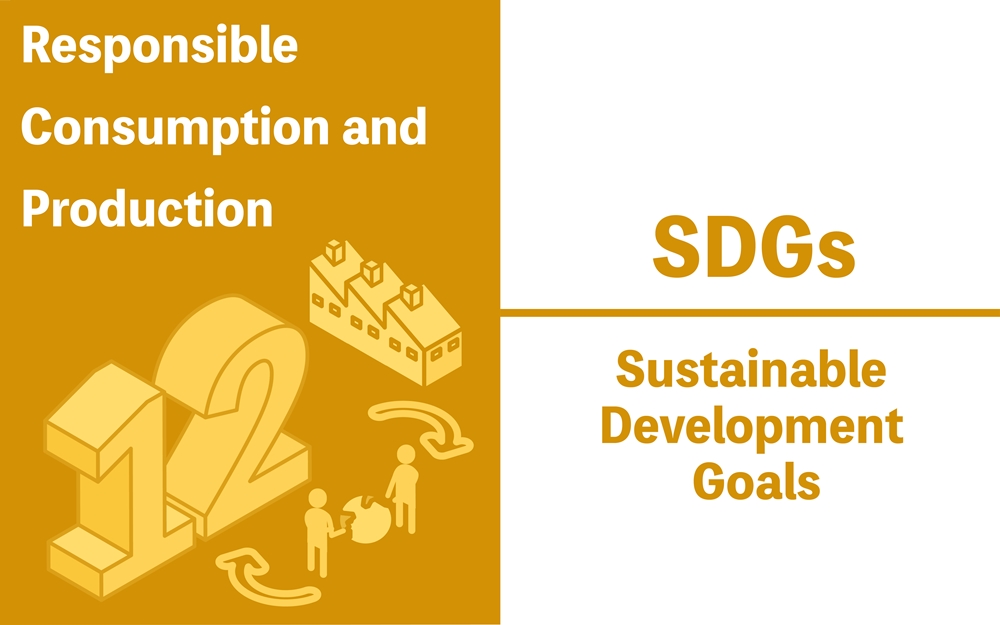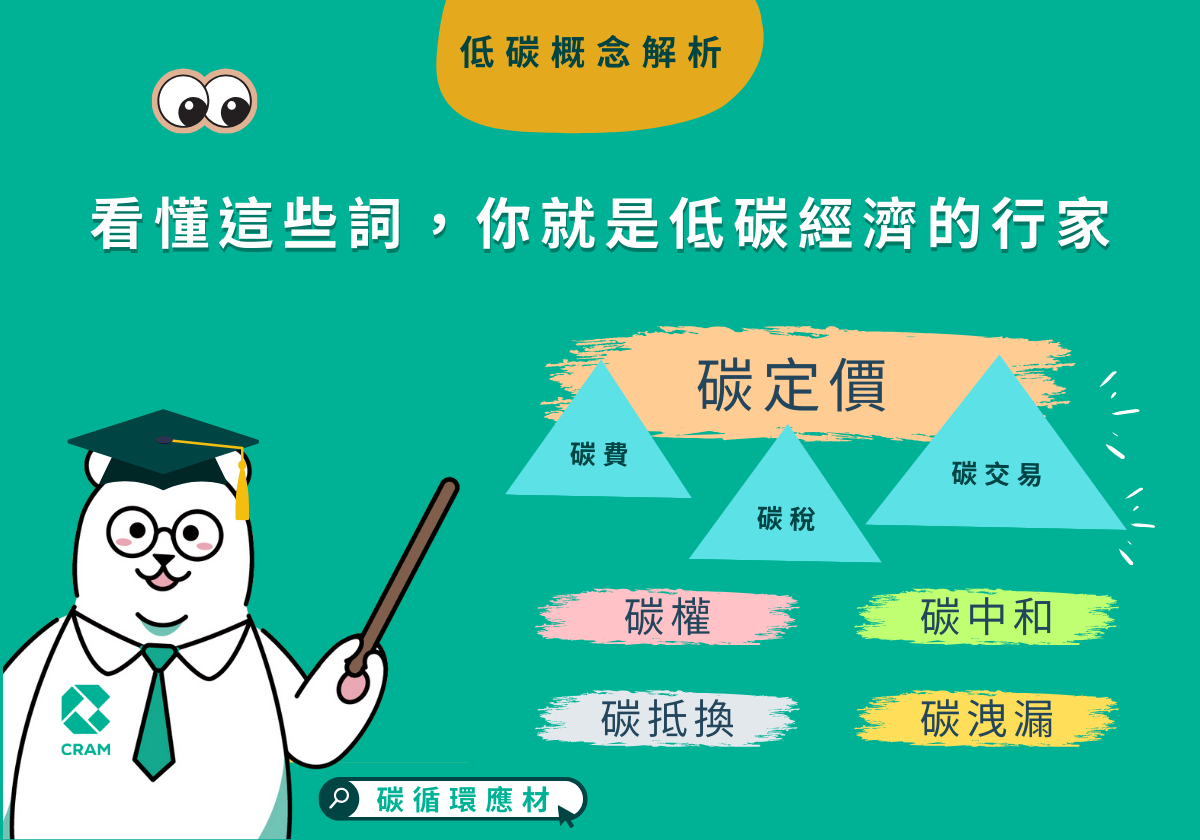As global climate change becomes increasingly serious, whether companies are responsible for sustainable development has become a topic of global concern. SDGs are very important reference indicators around the world, countries, companies, communities and individuals. The pursuit of sustainable development has become a corporate responsibility Key goals for the future of the business.
What are SDGs?
The United Nations announced the launch of the "2030 Sustainable Development Goals (SDGs)" in 2015, proposing 17 core goals for global governments and businesses to jointly move towards sustainable development, guiding the world to work together towards a sustainable future.

SDGs12 goals|Responsible consumption and production
SDGs12 "RESPONSIBLE CONSUMPTION AND PRODUCTION" hopes to break the inevitable relationship between past economic growth and environmental degradation. "Promote green economy and ensure sustainable consumption and production models"

Carbon Recycling Materials (CRAM) continues to implement SDGs12
CRAM continues to focus on the circular economy in the two major fields of applied materials, including plastics and metals. Our low-carbon recycling materials are all PCR (Post-Consumer Recycled material), aiming to reduce waste, reduce carbon emissions and create resources.
In line with the 𝐒𝐃𝐆𝐬𝟏𝟐 target indicators of 12.4 responsible chemicals and waste management, 12.5 significant reduction of waste generation, 12.6 encouraging companies to adopt sustainable practices and sustainable reporting.
12.4|Before 2020, in accordance with the agreed international framework, chemicals and wastes should be properly managed in an environmentally friendly manner during their life cycles, and their release into the air, water and soil should be significantly reduced, so as to Reduce their adverse impacts on human health and the environment.
CRAM uses physical recycling methods to process waste after consumer use and the end of the life cycle. This includes household appliance waste and food packaging in the plastic field, as well as scrap aluminum doors and windows, bicycle waste, etc. in metal. After processing, it is regenerated and reused. use.
12.5|By 2030, significantly reduce waste generation through prevention, reduction, recycling and reuse
About 80,000 tons of plastic waste are regenerated in CRAM's factories every year, which can reduce the earth's carbon emissions by an average of about 322,528 metric tons per year, which is equivalent to the carbon reduction of 1,329 Daan Forest Parks in one year.
12.6|Encourage companies to adopt sustainable practices and integrate sustainable development information into company operating plans. CRAM connects the sustainable supply chain, assists processing plants in conducting carbon inventories, calculates carbon footprints, and coaches them to become professional suppliers of recycled materials; on the other hand, it assists brands to introduce recycled materials, develop low-carbon products, and jointly create an environment and enterprises. A win-win situation.





